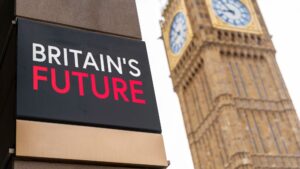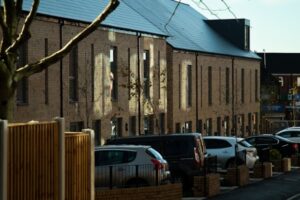Local authorities looking to use the Public Works Loan Board (PWLB) to buy land and commercial properties have been hit with a surprise interest rate rise.
The Treasury has notified chief finance officers that it is increasing the interest rate on new loans from the PWLB by 1% with immediate effect.
Councils traditionally use the PWLB as a means of finance regeneration and other large projects, because it offers long-term loans at low interest rates.
However, some local authorities have been using the PWLB to fund the purchase of commercial properties in recent years in the hope they can replace central government grants with rental income.
Spelthorne Borough Council in Surrey hit the headlines in December after a report by the Bureau of Investigative Journalism revealed the local authority has borrowed almost £1bn from the PWLB to buy a series of commercial properties.
In February, the council confirmed it had a property portfolio worth around £933m, which generates an annual income of around £10m for the local authority.
A Treasury spokesperson said the 1% increase takes rates back to levels that were available in 2018.
‘Even with this change, the PWLB rates offer very good value to local authorities,’ the spokesperson added.
‘We have also legislated to increase the lending limit of the PWLB to £95billion, as part of the government’s commitment that local authorities can access financing to support their capital spending plans.’
Andrew Burns, an associate director at Chartered Institute of Public Finance and Accountancy (CIPFA), said the interest rate rise is ‘clearly to temper the levels of more speculative borrowing’.
‘CIPFA’s Prudential Code has recently been reinforced to address this activity and is clear that authorities must not borrow more than or in advance of their needs purely in the interests of profit,’ added Mr Burns.
‘It requires councils to consider the risks implicit in dependence on commercial income, and the code advises that if commercial activity is undertaken purely to raise income an extra degree of governance and transparency is needed, with independent advice required to ensure transactions are sound.’
Photo Credit – Stux (Pixabay)


















Does this automatically mean a 1% interest rate rise for Housing Revenue Account borrowing. Obstructing speculative borrowing of a commercial type is one thing, but why penalise councils for building homes which are needed?
So if the cost of new loans in the HRA is to increase, the increase in the PWLB rate will not just discourage commercial property acquisitions?